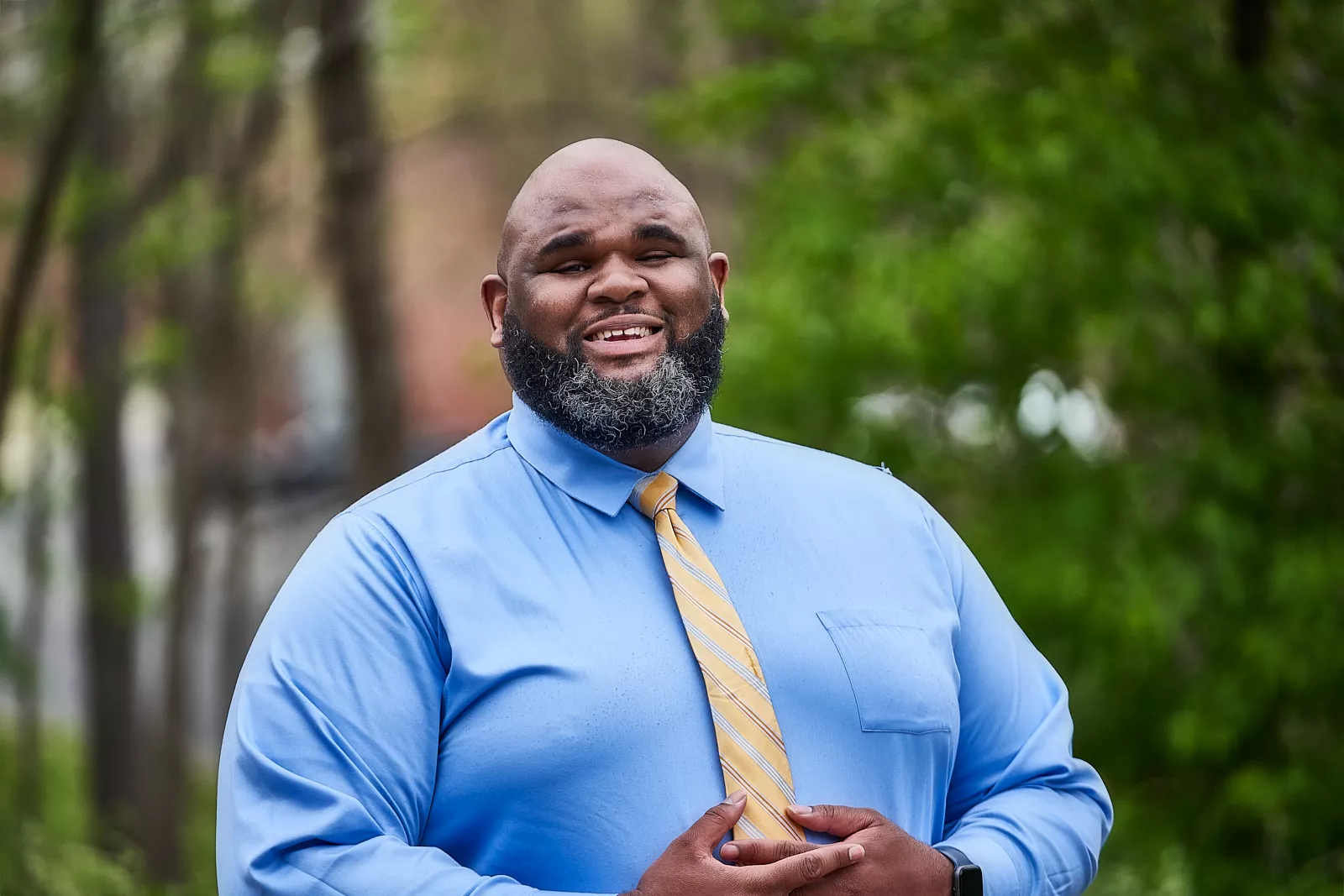
One of the reasons I became an educator was to have representation in the classroom. Early on, this meant serving as a model for underserved students, especially male students. Over time, it’s expanded to include underserved communities, LGBTQIA students, and students with disabilities. This is important to me because I want all students to have a voice—and my union has helped me support this position.
By serving different roles within my union, I’ve learned to look at issues from various perspectives. I find that when everyone can bring their ideas and experiences to the table, we end up learning so much about each other and ourselves. We realize that the solution to a quality education is not one person's viewpoint—it’s everybody’s. And it shows how important it is to listen to the experiences of other communities so that we can build a better society.
Right now, across the country, some people are not listening to one another. It’s happening in North Carolina, too, where some have targeted our social studies standards, for example—pushing to silence the experiences and voices of black people, women, LGBTQIA, even more so of the people who exist in all three of those communities.
When decisions like these are made, it’s for the comfort of adults but for the detriment of students.
As an educator, I’ve seen how all students benefit from a true picture of history—whether that’s exploring the difficult moments in U.S. history or the contributions of people who have been marginalized. Students, for example, realize that while they may have different cultures and struggles, they also have a lot of similarities. Absent an honest and accurate history, the classroom tends to be draining and one-dimensional.
The work of an educator is not easy. We don't want to fight with politicians or policies. We want to work with them for the betterment of everybody, and the union has given me access to a network of other educators who I can rely on to help get this done. We're in this together.
